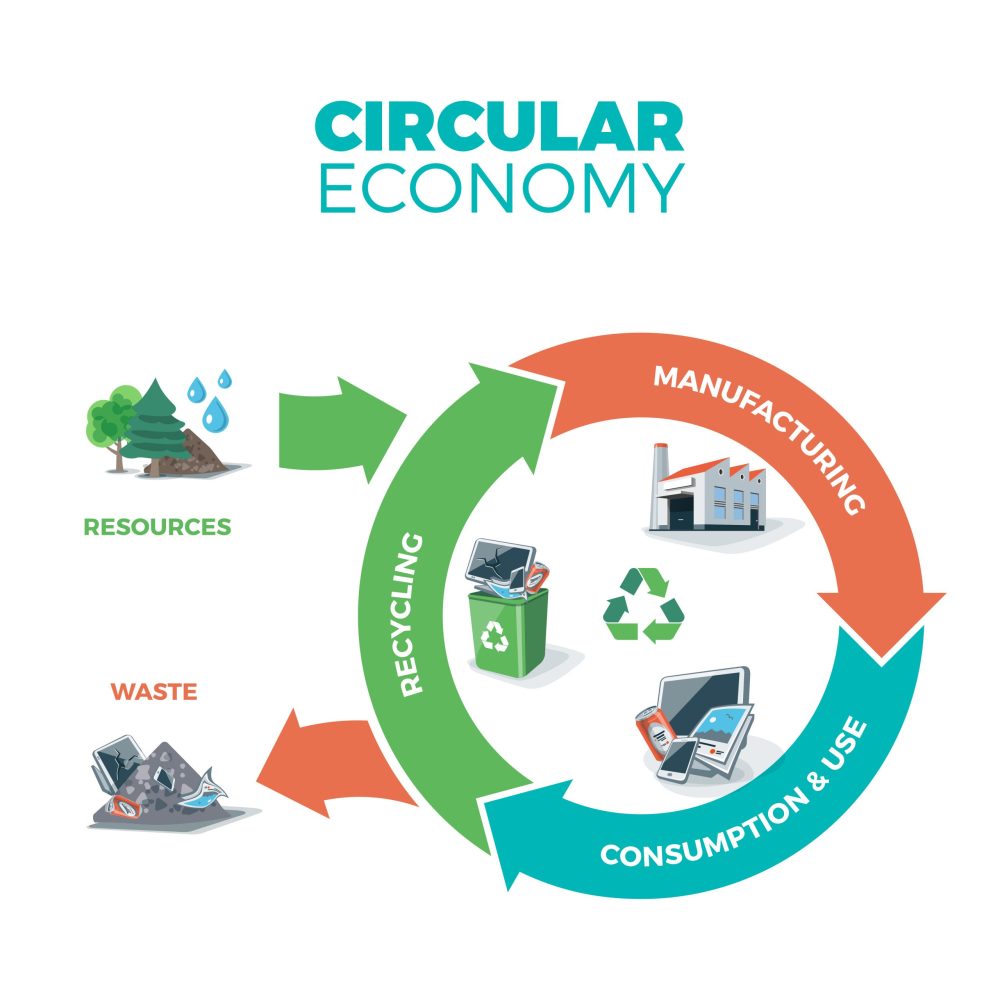Bureau of Standards Jamaica
About
In our ‘throw away’ society, the linear model of make, use and discard is depleting the resources of our planet – and our pockets. The solution is a circular economy, where nothing is wasted; rather it gets reused or transformed. While standards and initiatives abound for components of this, such as recycling, there is no current agreed global vision on how an organization can complete the circle. A new ISO technical committee for the circular economy has just been formed to do just that.
KEY FEATURES
- Ensure renewable, reusable, non-toxic resources are utilized as materials and energy in an efficient way.
- While resources are in-use, maintain, repair and upgrade them to maximize their lifetime and give them a second life through take back strategies when applicable.
- Utilize waste streams as a source of secondary resources and recover waste for reuse and recycling.
- Account for the systems perspective during the design process, to use the right materials, to design for appropriate lifetime and to design for extended future use.
- Track and optimize resource use and strengthen connections between supply chain actors through digital, online platforms and technologies that provide insights.
ISO/TC 323, Circular economy, aims to cover all aspects of a circular economy including public procurement, production and distribution, end of life as well as wider areas such as behavioural change in society, and assessment, such as some kind of circularity footprint or index.

Find Us!
© Bureau of Standards Jamaica, 2025 | Website Policies
An Agency of the Ministry of Industry, Investment and Commerce




